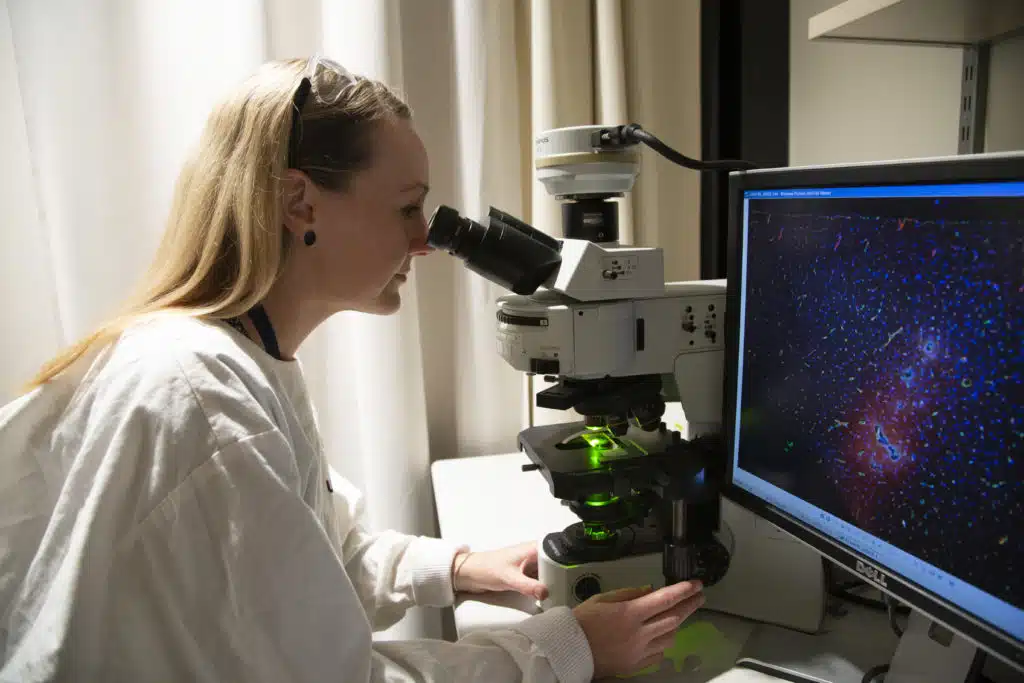
Small Australian babies born at risk for learning and behavioural problems now have hope for better brain development through Ibuprofen, a common household drug, better known as Nurofen.
University of Queensland researchers found that treating babies born smaller than average with Ibuprofen can help to improve development through reducing inflammation.
Intrauterine growth restriction (IUGR) is where a baby does not grow at the normal rate within the womb. It is a leading cause of babies dying before birth. Newborns affected by IUGR commonly experience difficulties that can affect learning and behaviour that becomes evident once children hit school age. In severe situations some children may develop cerebral palsy.
“About 5-12% of babies born in Australia are growth restricted,” says Dr Julie Wixey from the University of Queensland’s Centre for Clinical Research. “And the rates are much higher in some remote regions of Australia as well as developing countries.”
There is currently no treatment to minimise the adverse effects that growth restriction has on the developing brain.
“In my research project, we found that certain cells in the brains of IUGR-affected newborns were damaged, and that this was the result of inflammation,” says Dr Wixey. “This is likely affecting how their brains function and develop.”
By administering low doses of the common anti-inflammatory drug Ibuprofen for three days after birth, Dr Wixey’s team was able to show that once the inflammation was reduced so was the damage to the brain.
Ibuprofen is already commonly used and safely administered to premature newborns to treat heart valves that have failed to close properly.
“We are now looking at how our discovery can be implemented in the clinic so that this therapy can treat newborn brain injury in Australian babies,” says Dr Wixey. “We will then look at running international clinical trials.”
Dr Wixey warned that administering drugs to babies needed to be done under strict medical supervision.
“Our results are very promising, but it will be several years before the results of our Australian clinical trials can be applied to medical practice,” she says.
Dr Wixey was a Queensland finalist in the 2019 Fresh Science Competition and won the People’s Award for the best public presentation of her research within a minute.
Fresh Science is organised nationally by Science in Public. In Queensland, Econnect Communication trains and hosts the Fresh Science finalists. Sponsors of Fresh Science in Queensland were Queensland University of Technology, the University of Queensland, and Griffith University.
Feature photo credit: Pexels.





 Fresh Science is on hold for 2022. We will be back in 2023.
Fresh Science is on hold for 2022. We will be back in 2023.